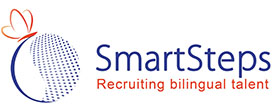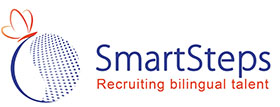Your CV is a reflection of your professional life … it says a lot about you! It is a key element to obtaining an interview. Below are some tips to achieve an effective resume.
> Do
-
- You must know what you want, add a job title! Tailor it to your future job!
-
- Prioritise your skills with easy-to-read bullet points. Pertinent information should be at the top.
-
- Use similar vocabulary as per the job description. This makes it easier for an outsider to link your profile and their job. It will also help “bots” pick up key words.
-
- Ask a native speaker to proof-read your CV for spelling mistakes. Pay attention to errors in titles!
-
- Ensure there are more tangible than intangible skills on your CV. The best CVs contain facts!
-
- Have your CV ready in both English and French, each mirroring the content of the other. CVs are often sent to overseas offices for approval.
-
- Delete irrelevant and repetitive information. It dilutes your message!
-
- Show off your technical skills by having a professional looking CV. Put on the “show all non-printing characters” and tidy up your CV.
-
- Run your CV and the job description through a Word Cloud (also known as Tag Cloud) to check word frequency. What are the most important words in the job description? Are these same words on your CV?
> DON’T
-
- Mention interests unless you can talk about them. Three maximum.
- Write too much about travel unless your future job relates to it. Too much emphasis on travel gives the impression you won’t stay long with your future employer!
- Write “I”. “I write for a local magazine” should read “Writing articles for the local magazine”
- Have a CV longer than 2 pages. Graduates should have a one page CV. Two pages is for applicants with experience.
- Add a photo if you are not comfortable with this idea and/or it does not enhance your application! Many of our clients are of UK/US origin and photos are not required.
> OTHER
-
- Change your Facebook or other social networking profiles to “private”. Check that your professional networking profiles mirror the experience on your CV.
- Be prepared to show supporting documentation and have it scanned in readiness (diplomas, work certificates and written references).


